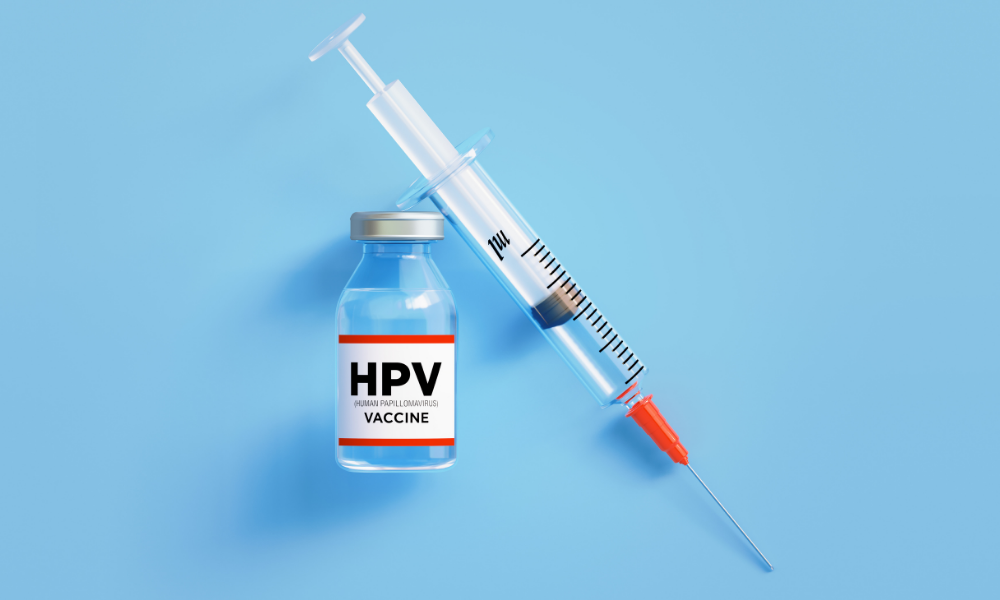Human Papillomavirus (HPV) is a disease that is spread through genital contact. There are more than 200 known types of human papilloma viruses. In more than 90% of cases the immune system naturally clears the infection without symptoms or complications. The concern with contracting HPV is the risk that chronic infection may lead to cervical cancer. In Western nations, cervical cancer is rare due to early detection via Pap screening programs. At highest risk of HPV infection, complications are less than ten percent of women and men who do not naturally clear HPV infections and therefore, become chronically infected. High risk factors for developing HPV-related cancers include: smoking, multiple sexual partners, long-term oral contraceptive use, multiple births, weakened immune system, co-infection with Chlamydia or HIV, poor nutrition, heavy drinking and smoking, and chronic inflammation.

For more information: https://www.nvic.org/disease-vaccine/hpv
[26] https://www.nvic.org/disease-vaccine/hpv/quick-facts
[27] Vaccine Adverse Events Reporting System – https://digital.ahrq.gov/sites/default/files/docs/publication/r18hs017045-lazarus-final-report-2011.pdf
Product: Gardasil 9 (Merck)
Product Monograph: https://www.merck.ca/en/wp-content/uploads/sites/20/2021/04/GARDASIL_9-PM_E.pdf (49 pages)
Patient Information sheet: https://www.merck.ca/en/wp-content/uploads/sites/20/2021/04/GARDASIL_9-CI_E.pdf
Manufacturer website: https://www.merck.ca/en/vaccines-2/